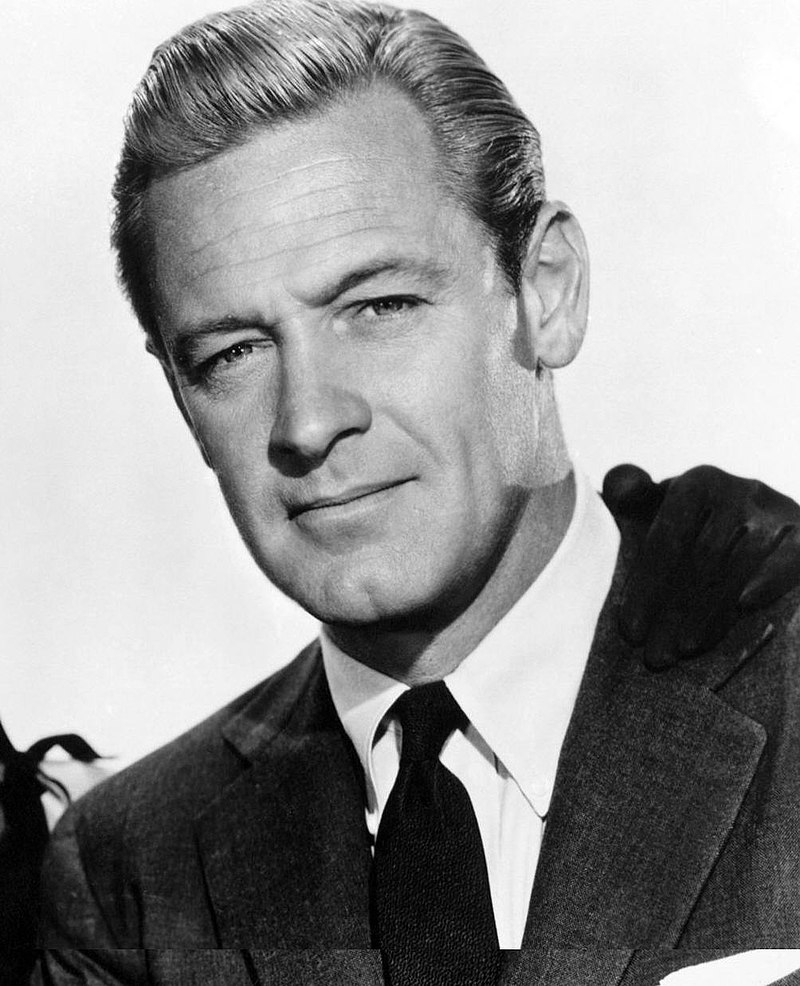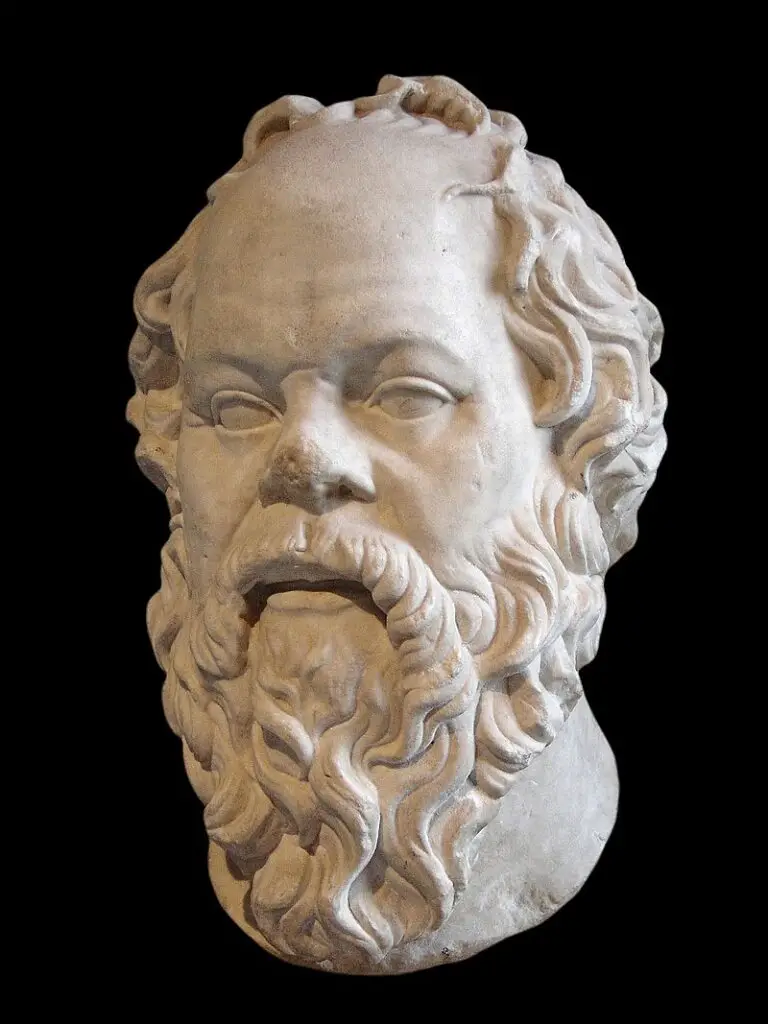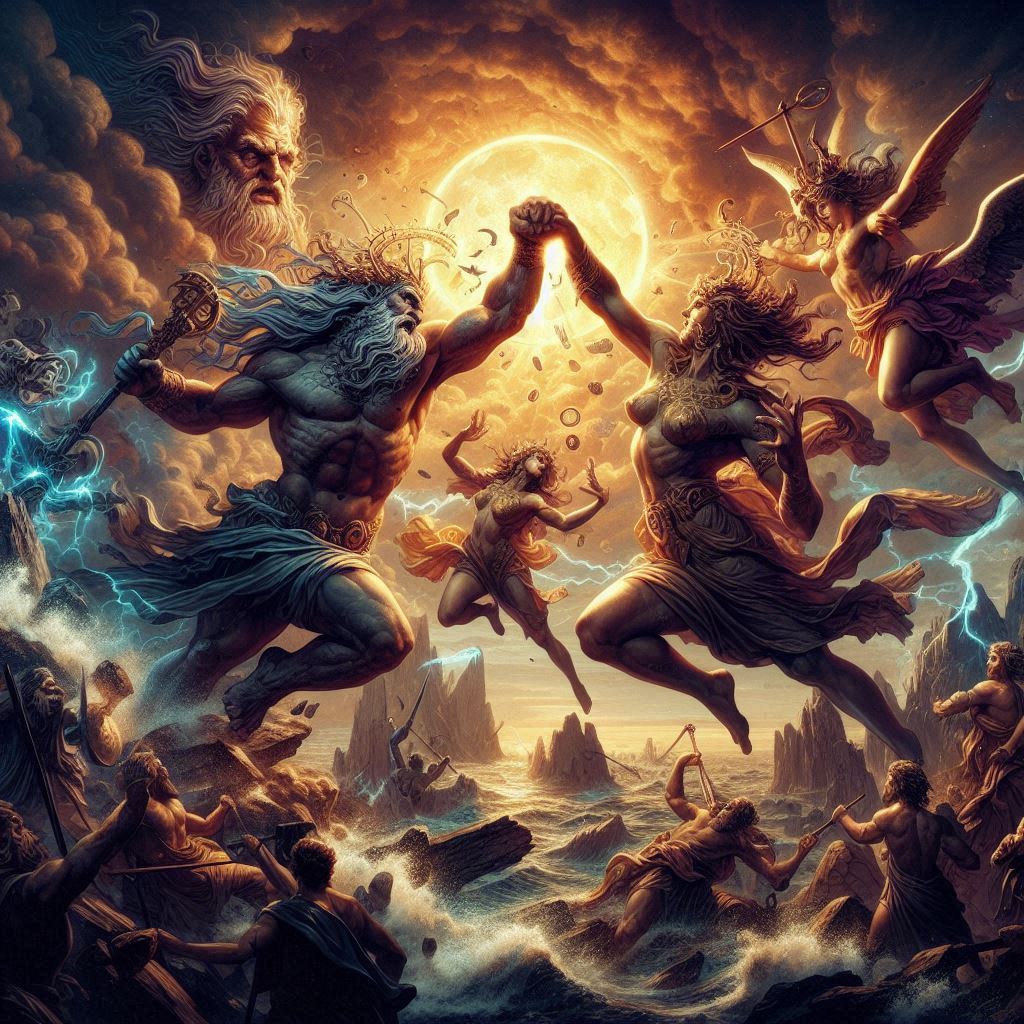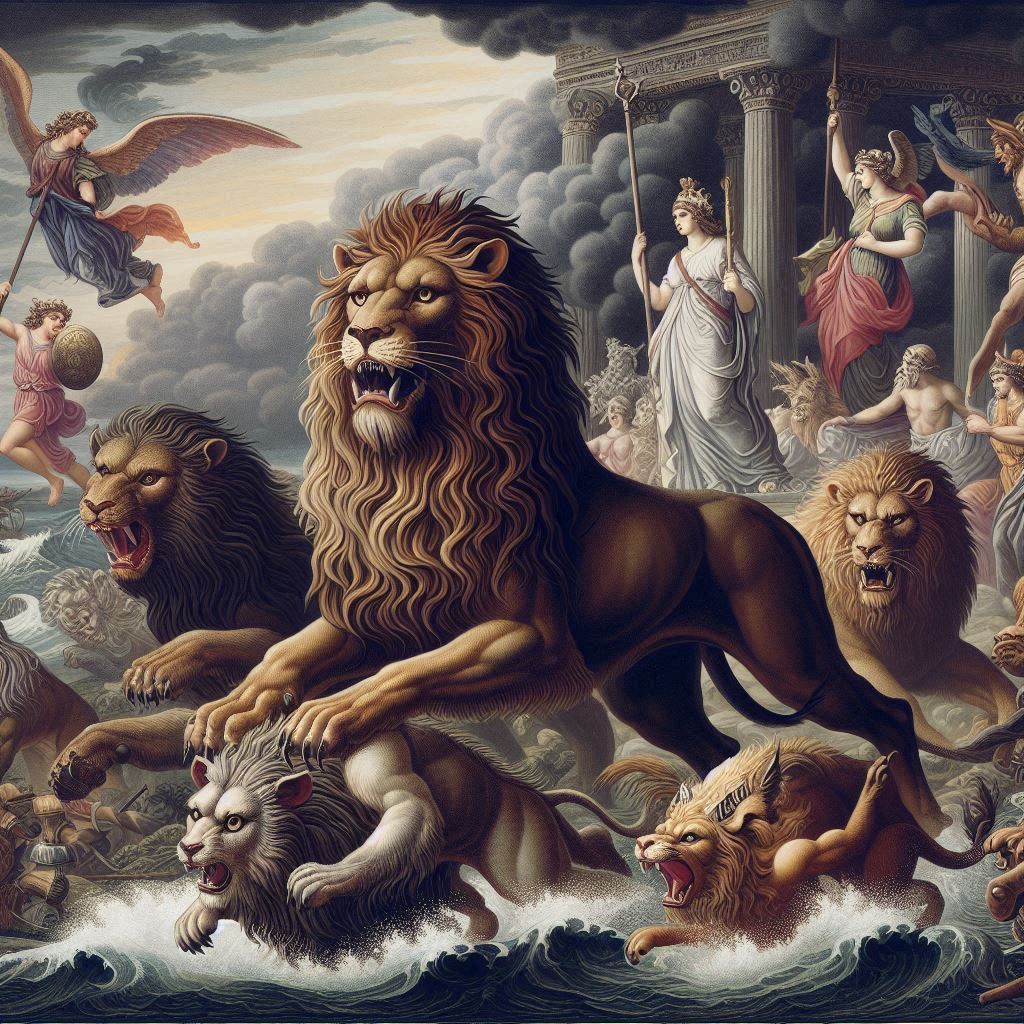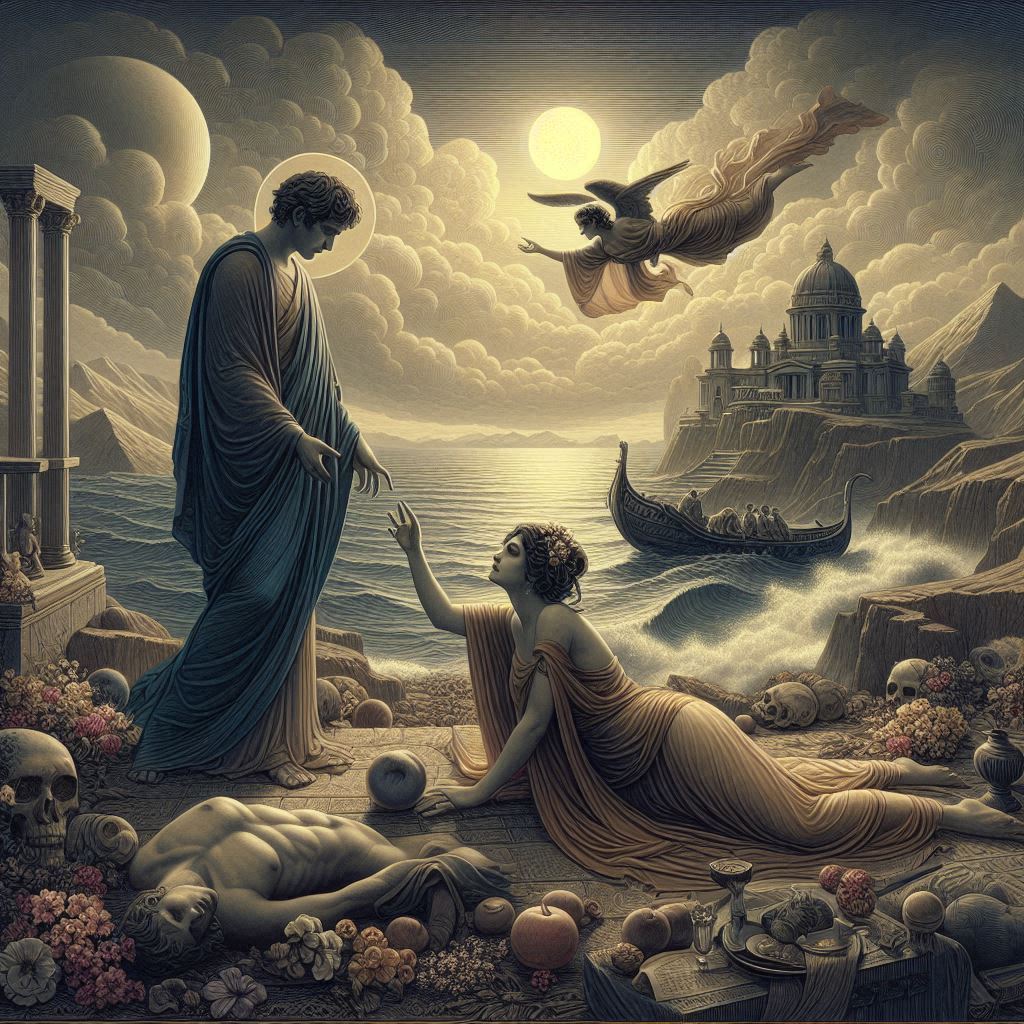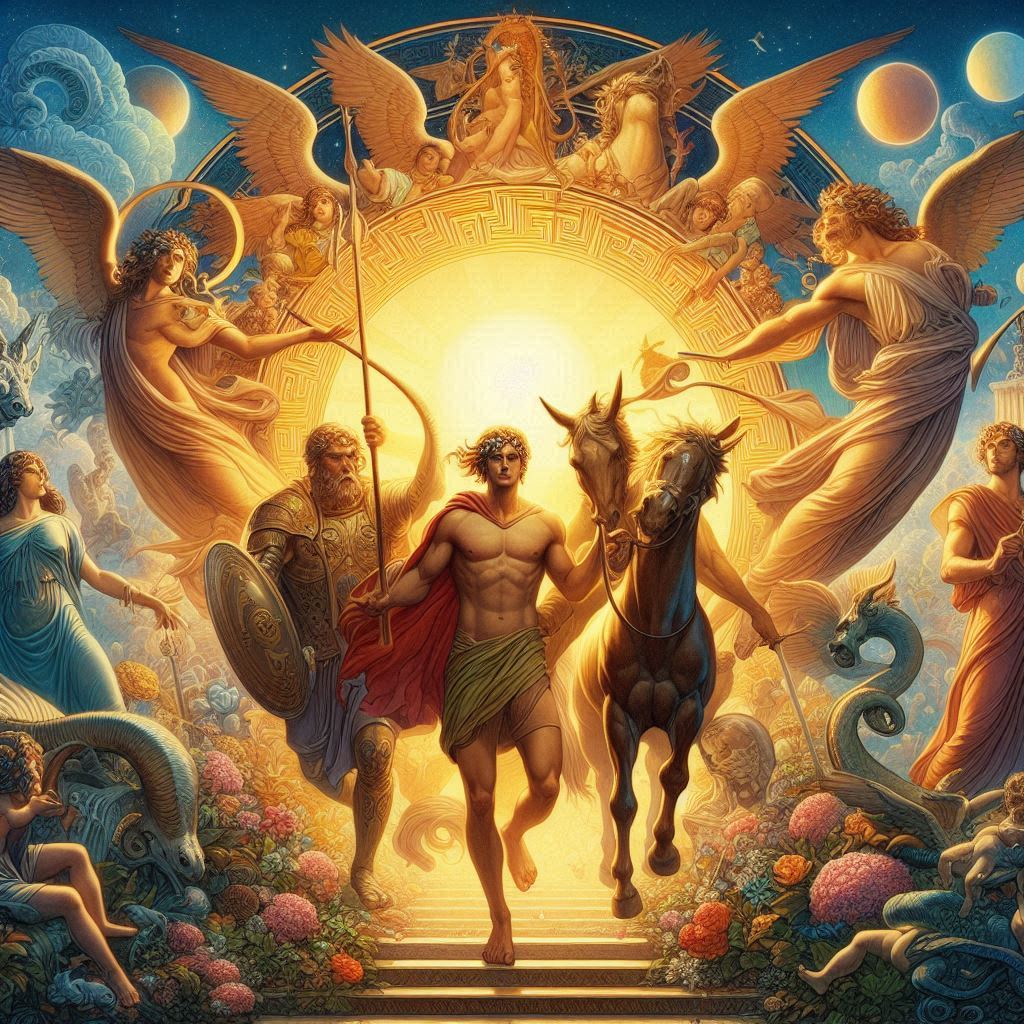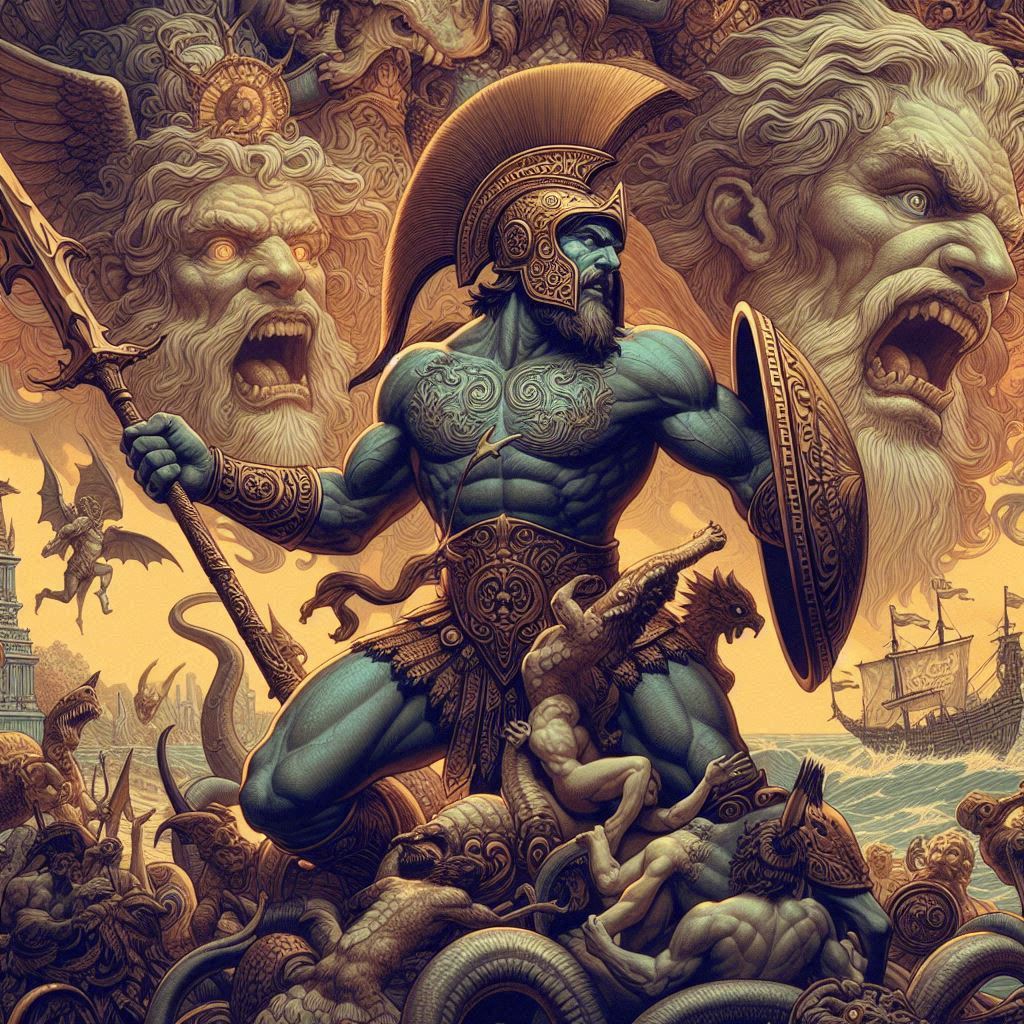William Holden (1918-1981) was an American actor known for his charismatic presence and performances in classic Hollywood films. Notable for his roles in movies like “Sunset Boulevard,” “Stalag 17,” and “The Bridge on the River Kwai,” Holden received acclaim and accolades, including an Academy Award for Best Actor for “Stalag 17” in 1954. With a career spanning several decades, Holden remains a respected and enduring figure in the history of American cinema.
Holden’s early life was marked by modest beginnings. Raised in South Pasadena, California, he developed an early interest in acting and theater. His family faced financial challenges during the Great Depression, prompting Holden to seek employment to help support them. His journey into acting began in high school, where he participated in various stage productions.
Holden’s breakout moment came when he was discovered by a talent scout from Paramount Pictures. His tall stature, rugged good looks, and natural acting ability caught the eye of Hollywood executives. In 1939, Holden signed a contract with Paramount, marking the beginning of a career that would span over five decades.
In the early 1940s, Holden made his film debut in “Prison Farm” (1938) and had several supporting roles in films such as “Golden Boy” (1939) and “Our Town” (1940). However, it wasn’t until his performance in “Arizona” (1940) that Holden began to gain recognition. Despite these early successes, his career faced a temporary setback when he enlisted in the U.S. Army Air Force during World War II.
Holden served as a second lieutenant in the Army Air Force, flying 25 combat missions as a bombardier. His wartime experiences had a profound impact on him, shaping his perspective and influencing his approach to acting. After the war, Holden returned to Hollywood with a newfound sense of purpose and determination.
In 1950, Holden achieved critical acclaim for his role in the film noir classic “Sunset Boulevard,” directed by Billy Wilder. His portrayal of struggling screenwriter Joe Gillis opposite Gloria Swanson’s Norma Desmond remains one of his most iconic performances. The film marked a turning point in Holden’s career, establishing him as a leading man with depth and nuance.
The 1950s proved to be a fruitful period for Holden, with notable roles in films such as “Stalag 17” (1953), for which he won the Academy Award for Best Actor. His portrayal of Sergeant J.J. Sefton, a cynical and self-interested prisoner of war, showcased Holden’s ability to embody complex characters. The film marked the beginning of a successful collaboration with director Billy Wilder.
Holden continued his streak of successes with films like “Sabrina” (1954), where he starred alongside Audrey Hepburn and Humphrey Bogart, and “The Bridges at Toko-Ri” (1954), a war drama that further solidified his reputation as a versatile and accomplished actor. His on-screen chemistry with leading actresses and his ability to convey a range of emotions contributed to his widespread popularity.
One of Holden’s most celebrated films came in 1954 with “The Country Girl,” directed by George Seaton. In this drama, Holden starred alongside Bing Crosby and Grace Kelly, delivering a powerful performance as an alcoholic actor. His nuanced portrayal earned him another Academy Award nomination, highlighting his ability to tackle emotionally complex roles.
Holden’s career reached new heights in 1959 with his role in “The World of Suzie Wong.” His performance as an American artist in Hong Kong showcased his on-screen magnetism and further solidified his status as a leading man. Throughout the 1960s, Holden continued to take on diverse roles in films such as “The Horse Soldiers” (1959), “Satan Never Sleeps” (1962), and “The Counterfeit Traitor” (1962).
In 1969, Holden starred in Sam Peckinpah’s groundbreaking western “The Wild Bunch.” The film, known for its graphic violence and unconventional storytelling, became a classic of the genre. Holden’s portrayal of Pike Bishop, the leader of a group of outlaws, demonstrated his willingness to take on challenging and unconventional roles.
Holden’s career extended into the 1970s with notable performances in films like “Breezy” (1973) and “The Towering Inferno” (1974), where he starred alongside Paul Newman and Steve McQueen. The disaster film, directed by John Guillermin, became a massive box office success and showcased Holden’s enduring appeal to audiences.
As the 1980s unfolded, Holden’s career began to wind down, but he continued to make meaningful contributions to film. His performance in Blake Edwards’ “S.O.B.” (1981) demonstrated his willingness to embrace comedy and parody. It was a departure from his more serious roles and showcased his versatility as an actor.
Tragically, on November 16, 1981, William Holden was found dead in his apartment in Santa Monica, California. The circumstances surrounding his death were determined to be accidental, resulting from a fall while intoxicated. Holden’s passing marked the end of a remarkable career and left a void in the world of cinema.
In reflecting on William Holden’s legacy, it’s essential to recognize not only his contributions to film but also his impact on the industry and the audiences he touched. Holden’s ability to navigate a diverse range of roles, from romantic leads to complex antiheroes, showcased his versatility and depth as an actor.
Beyond his on-screen achievements, Holden’s personal life and experiences added layers to his legacy. His service during World War II, his willingness to take on unconventional roles, and his dedication to his craft reflected a commitment to authenticity and a desire to explore the complexities of the human experience through his work.
In tribute to William Holden, the Academy of Motion Picture Arts and Sciences honored him with the Jean Hersholt Humanitarian Award posthumously in 1982. The award recognized his philanthropic efforts and contributions to various charitable causes throughout his life. It was a fitting tribute to a man who not only excelled in his craft but also used his platform to make a positive impact on the world.
William Holden’s star on the Hollywood Walk of Fame, located at 1651 Vine Street, serves as a lasting tribute to his enduring legacy. As we reflect on William Holden’s life and career, we recognize a multifaceted artist whose talent, authenticity, and philanthropy left an indelible mark on Hollywood.
Holden’s impact extended beyond the screen; he was known for his genuine and approachable demeanor, qualities that endeared him to both colleagues and fans. His relationships with fellow actors and directors, including his close friendship with Audrey Hepburn during the filming of “Sabrina,” revealed a person of warmth and camaraderie in an industry often characterized by competitiveness.
In addition to his on-screen achievements, Holden’s commitment to humanitarian causes added another dimension to his legacy. His involvement with the United Nations International Children’s Emergency Fund (UNICEF) showcased his dedication to making a positive impact on the world. Holden’s philanthropic efforts reflected a sense of responsibility and a desire to contribute to the well-being of others.
Holden’s personal life, marked by highs and lows, mirrored the complexities of the characters he portrayed on screen. His struggles with alcohol and the circumstances surrounding his untimely death underscored the challenges that accompany fame and success. Holden’s vulnerabilities made him relatable to audiences and humanized the Hollywood icon.
In the decades since his passing, William Holden’s contributions to cinema have continued to be celebrated. His films, ranging from classic dramas to iconic westerns, remain a testament to his acting prowess and enduring appeal. Holden’s influence can be seen in subsequent generations of actors who admire his ability to infuse authenticity and depth into every role.
As we remember William Holden, we honor not only the actor but also the man behind the roles. His legacy encompasses more than cinematic achievements; it encompasses a commitment to authenticity, a spirit of camaraderie, and a dedication to making a positive impact on the world. William Holden’s star will forever shine bright in the constellation of Hollywood legends, reminding us of the power of storytelling and the enduring legacy of those who bring characters to life on the silver screen.
